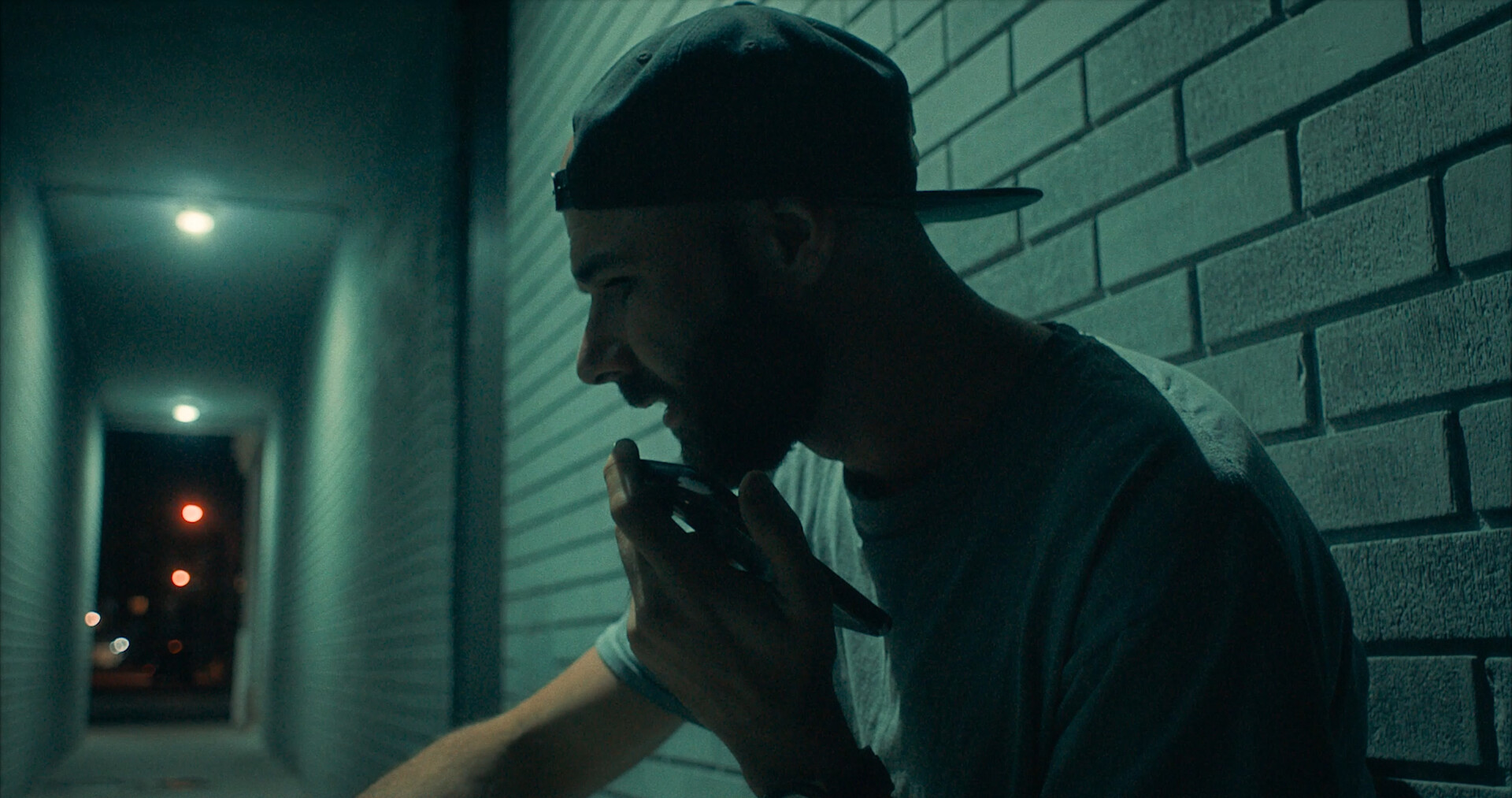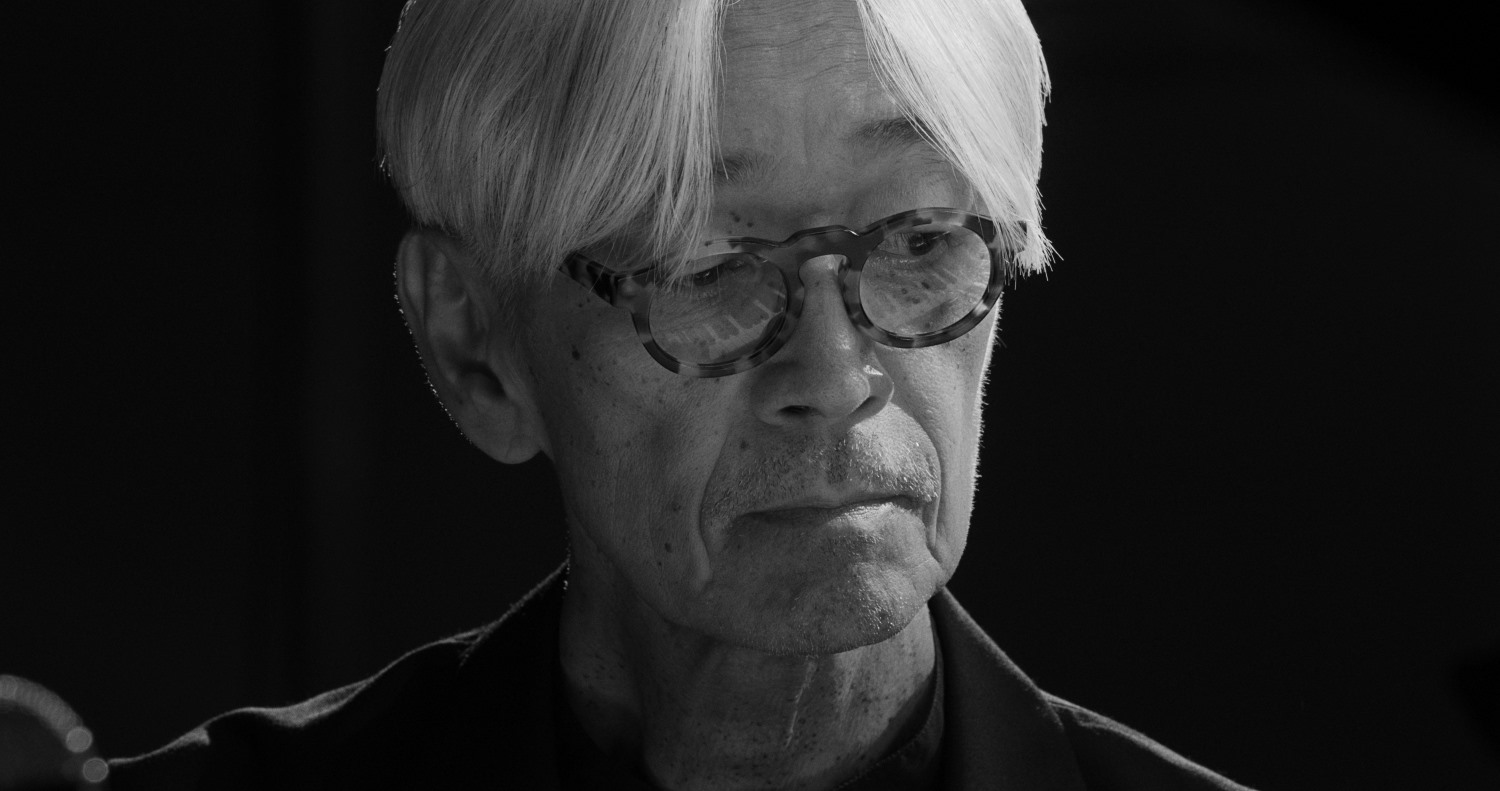Attila
(Canada, 79 mins.)
Dir. Stephen Hosier
In May 2020, Richard Csanyi’s twin brother Attila was found dead on a Hamilton rooftop after being missing for weeks. The 28-year-old had overdosed on meth that was apparently laced with enough fentanyl to kill eight elephants. What made the incident even more heartbreaking was the fact that Attila died houseless, during the early months of the pandemic after having been expelled from a long term-care residence.
As disheartening has his demise was, Attila’s tragic story began decades earlier when he and Richard were placed in the foster care system at age six. Stephen Hosier’s feature documentary debut Attila delves into the brothers’ childhood to provide deeper context to the various paths their lives took. In doing so, he constructs a moving portrait of a family attempting to mend the seams of an emotional fabric that was torn apart years earlier.
Part of that healing includes getting a better understanding of the events that led to Attila’s death. Hosier brings a personal approach to the story as he made home movies with the brothers during their teens. Hosier’s documentary starts like an investigative mystery as he teams with Richard to explore the events leading up to Attila’s overdose. Using internet news headlines to bring audiences up to speed on the key details, Hosier’s camera follows Richard as he attempts to piece together the final days of his brother’s life by tracking down those who interacted with him.
In following the loosely scattered breadcrumbs of clues, Attila slowly builds its profile of a young man who was a promising baseball pitcher, who possibly had the talent to make the big leagues, but wrestled with the demons of the past. Taken from their Hungarian parents at six-years-old and placed in a foster care home where they endure horrific and degrading physical and emotional abuse for two years, both brothers faced deep mental health issues that cannot easily be uprooted. In the case of Attila, these issues included schizophrenia.
While the viewer is provided with glimpses into Attila’s schizophrenic episodes via cellphone recordings, one observes his brother’s various struggles in real time. Haunted by his past trauma and riddled with guilt, Richard’s life is a daily challenge to stay afloat. He may now have a daughter who is the light of his life, but a cloud of darkness, filled with suicidal thoughts, still threatens to engulf him.
Handling Richard’s difficult journey towards understanding, and possible forgiveness somewhere down the line, Hosier’s film shows with great care that the path to healing can be filled with many barriers. In one tense moment in the documentary, the camera lingers on Richard’s face as he stares out his car window, reflecting on a portion of his life that has brought him to his volatile present.
Rather than simply sailing on a wave of trauma, Attila always keeps an optimistic view within its periscope. Richard may stumble, but one gets the sense that he has the inner strength to get back up again, even if he does not fully see it himself.
By providing an intimate portrait of both men, Hosier incorporates home movie footage clearly inspired by Jackass and Dog the Bounty Hunter to give insight into their rambunctious teen years. Attila ensures that one always remembers the human cost that comes with issues of mental health. This fact hits home when the film focuses on the systemic ways institutions impact people’s lives. Whether commenting on how the foster care system has been doing harm by throwing generations of immigrant children into its funnel with little regard for their safety, or exploring the sense of community that can be formed while houseless, Hosier forces the audience to reassess their preconceived views every step of the way.
In reframing the narrative around issues of mental health, the foster care system, and life on the streets, Hosier’s documentary finds compassion for those whose pain is not easily visible for all to see. Attila is more than a celebration of a life taken too soon; it is a moving reminder that even the deepest wounds can begin to heal. It just takes time and plenty of support.
Attila screens at Hot Docs Ted Rogers Cinema on Oct. 10 as a World Mental Health Day event with Rendezvous with Madness.
It also screens at the Windsor International Film Festival Oct. 30, Nov. 1, and Nov. 2.
Update (1/22/2024): Attila is now streaming on Crave.











